In episode 8 of the Capacity4dev Podcast Series, we meet João Maldos, Analyst at the Instituto Socioambiental (ISA) in Brazil. He shares the work his civil society organisation has been doing since 1994 to support Indigenous, quilombola, and extractive communities (meaning communities involved in the traditional extraction of fruits, nuts, seeds, oils, and flours of the native ecosystems) in protecting their territories and much more.
Listen to Episode 8: Strengthening biodiverse, productive systems for the restoration of the Amazon: tips from the field.
Here is a transcript of this episode:
Tell us a bit about ISA's work in Brazil and the Amazonian states.
The Amazon, or Pan-Amazon as we call it when referring to the biome in its entirety, is much more than just a vast tropical rainforest. It is a crucial socioecological system that spans eight countries and one French province in South America. This region is home to an extraordinary variety of life—plants, animals, and, most importantly, people. Hundreds of different Indigenous peoples, along with Quilombola, riverine, and extractivist communities, live in and care for these forests. They are the true guardians of the Amazon, ensuring its ecological balance, which in turn benefits the entire planet by helping regulate the global climate. They also offer knowledge and insight into ways of living sustainably.
In the Brazilian Amazon region, our work focuses primarily on two of the main basins: the Rio Xingu and the Rio Negro, which encompass the states of Pará, Mato Grosso, Amazonas, and Roraima.
We also work in the Atlantic Forest, in Sao Paulo, one of the most biodiverse regions in the world. There, we aim to promote sustainable development by implementing projects that strengthen local communities through education, cultural initiatives, and territorial management. We also focus on community-based enterprises for income generation and conservation. At ISA, our work has always been about supporting these communities and proposing solutions for socioenvironmental challenges.
Since our foundation in 1994, we’ve been partnering with these peoples to protect their territories, strengthen their cultural traditions, and elevate their political profiles. We also work on promoting sustainable economies that are rooted in their traditional knowledge — an approach that not only preserves the forest but also ensures their well-being and autonomy.
Our priorities for the coming years revolve around the consolidation of territorial rights, the restoration of degraded forests, and the development of sustainable economic activities that contribute to their autonomy and food sovereignty. We believe that the future of the Amazon depends on learning from and recognising the vital role these communities play, not just in Brazil, but for the entire planet.
We’re deeply committed to these efforts, whether working on the ground with local partners in key regions like the Rio Negro, Xingu, and Ribeira de Iguape river basins or advocating for socioenvironmental rights in political corridors in Brazil’s capital. Our ultimate goal is to protect the incredible socioenvironmental diversity of Brazil, ensuring that it continues to thrive for generations to come.
What are the challenges you face?
Over the past 30 years, we have encountered numerous challenges, and the newest are related to working transversally in the crucial areas of forest restoration and sociobiodiversity economies. These two pillars are essential to our current work, and each comes with its own set of obstacles.
-
In forest restoration, one of the biggest challenges has been the sheer scale of degraded areas, especially in the Cerrado and Amazon regions, and the complexity of restoring entire ecosystems. However, since 2004, we have been working with Seed Networks, a flagship initiative that emerged originally as part of the Y Ikatu Xingu campaign - for the protection of the Xingu river’s water heads. These 25 networks are organised around a network of networks called Redário, to mobilise local communities - including Indigenous peoples, extractivists, farmers and others - in the collection of native seeds for their use and to sell them to restore degraded lands. After all, there can’t be too much restoration without seeds. Thanks to this network, we have collected more than 50 tons of native seeds per year, restored more than 10 thousand hectares, and therefore removed probably hundreds and hundreds of thousands of CO2 tons. These projects not only restore native vegetation but also promote local economies based on sustainable forest management. However, again, the scale of the problem and its drivers, while securing continuous funding and coordinating various stakeholders are ongoing challenges.
-
As for the sociobiodiversity economies, our focus has been on creating value chains for products that respect and learn from traditional knowledge while generating income for local communities. The Origens Brasil Network is a prime example of success, connecting Indigenous, Quilombola, and riverine communities with markets that value certified products and transparent commercial relationships. A constant challenge here is ensuring these products reach broader markets competitively valuing the social and environmental services provided by these producer cultures without compromising the income generation potential and also the autonomy of the communities. In the last years, we have helped generate more than R$15 million in income for over 4 000 people by strengthening sustainable value chains. One of the key lessons was that combining technological innovation with traditional community knowledge can have a real impact on both biodiversity conservation and income generation.
-
We also face material challenges, such as economic and political pressure on territories and the need to ensure the territorial and human rights of these communities are respected. We remain committed to our mission, and the success of these restoration and socio-economic inclusion initiatives is proof that, with strong partnerships and an inclusive approach, we can overcome these obstacles.
How are these challenges turned into solutions or lessons learnt that will inform future action?
The challenges we face—whether it’s restoring large-scale degraded areas or ensuring that traditional communities can access sustainable markets—are inevitable and often complex. There are no easy solutions, and that’s why we see obstacles as part of the path itself. The difficulties we encounter, such as unbalanced economic and political pressures, securing consistent funding for the ongoing necessary scaling of our efforts, or even the sometimes unchecked threats to Indigenous, quilombolas and traditional people’s lives (as well as our own, as environmental activists), push us to innovate and adapt.
Therefore, the support of multilateral agencies such as the EU is very important for ensuring financial resources and fostering collaboration between different actors to achieve long-term sustainability in the Amazon.
We’ve learnt that by embracing these challenges and listening carefully to all players in each context, we can co-create new methodologies, build stronger partnerships, and find ways to combine traditional knowledge with modern technology. Each obstacle teaches us something new, and these lessons shape our future actions; they force us to evolve and become more resilient in the pursuit of our mission. What stands in the way becomes the way.
In the spirit of knowledge sharing and collaboration, which are important pillars for us at Capacity4dev, if you were to give a piece of advice to someone in the world implementing similar actions and projects, what would that be?
My advice would be to always work in networks and collaborations, bringing everyone who is willing to talk to the same table. It’s essential to involve all stakeholders—especially the communities whose rights and territories have historically been overlooked. They must have a voice and be really heard, and any solution must objectively respect their rights and territories.
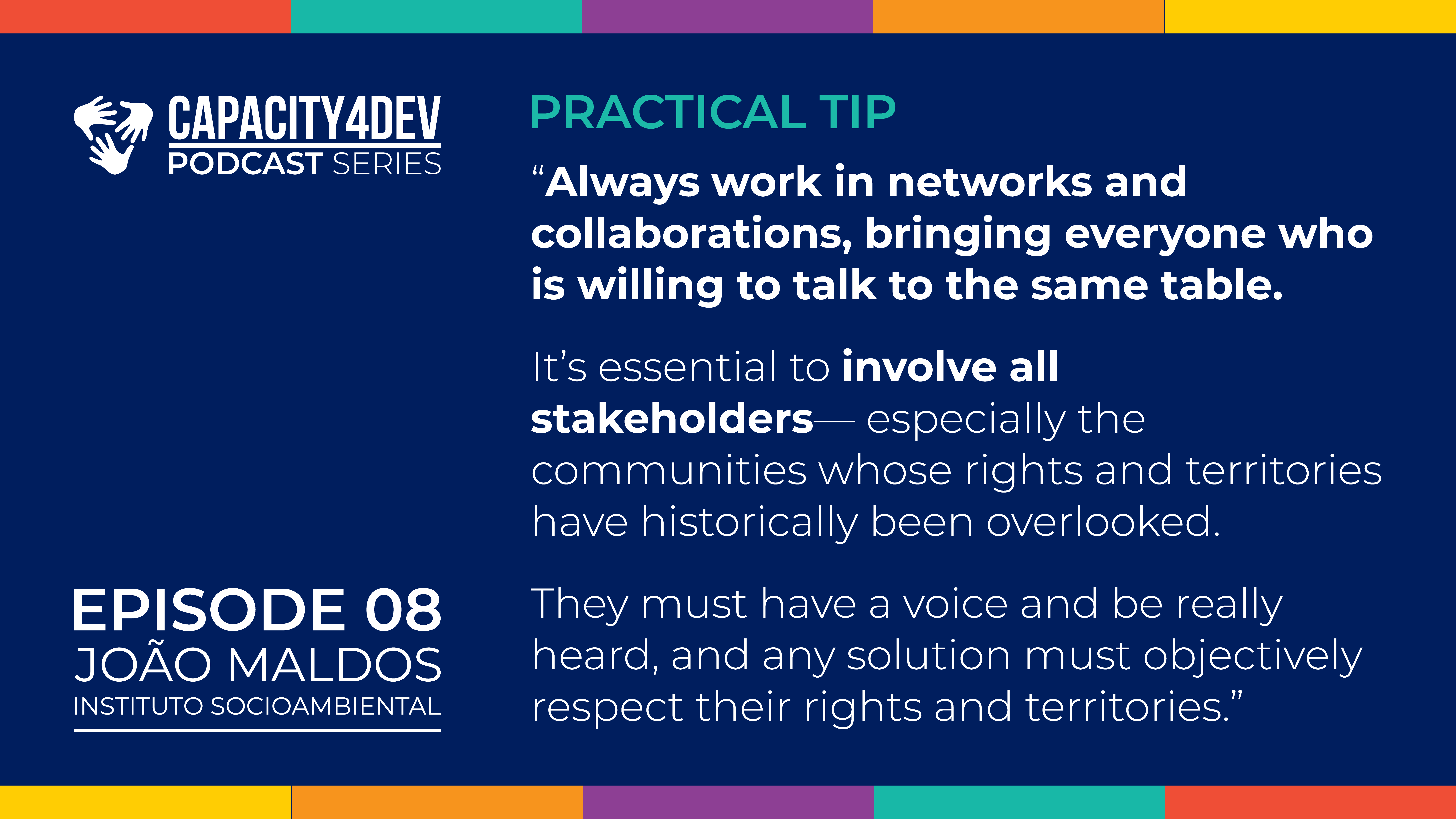
At the same time, I would say that we must recognise that socioenvironmental work is not free of some complex struggles. Collaboration is crucial, however there’s often an element of dispute in these negotiations. We must be aware of the forces at play—true collaboration cannot happen if one side is simply expected to accept the demands of the other, with little in return. If the process is not fair from the start, we must also learn when to leave the table.

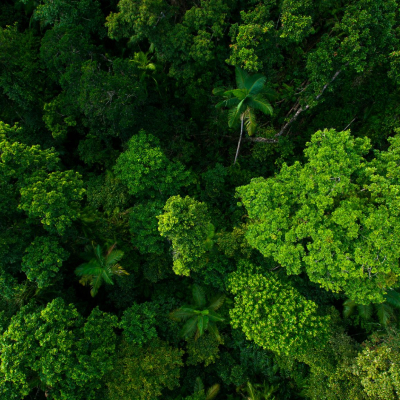
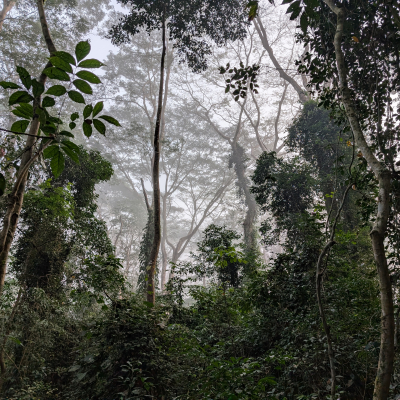
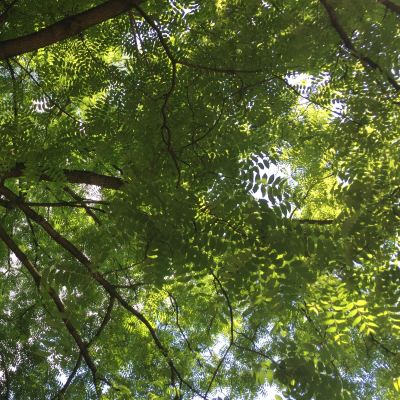
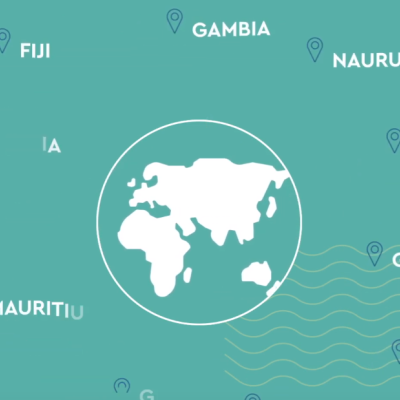
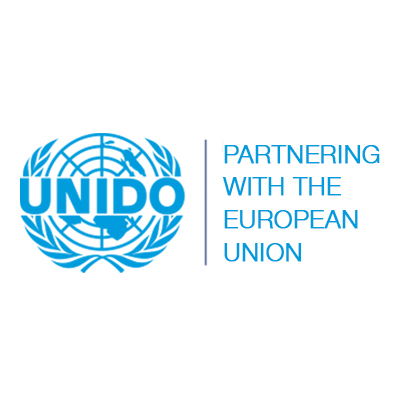
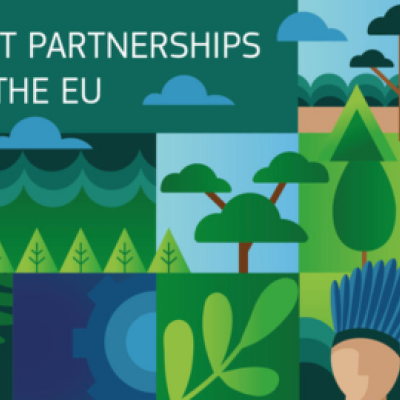
Log in with your EU Login account to post or comment on the platform.